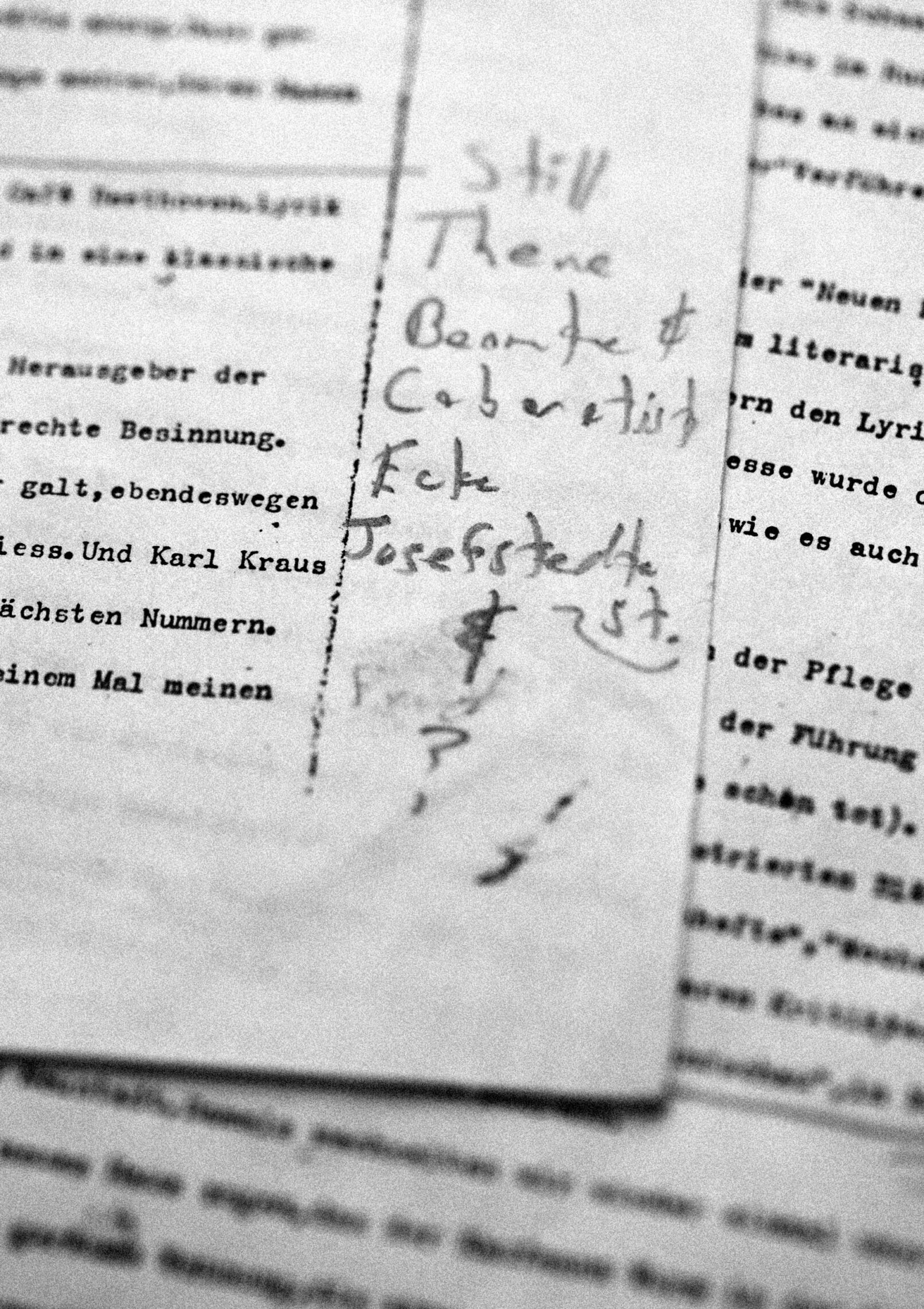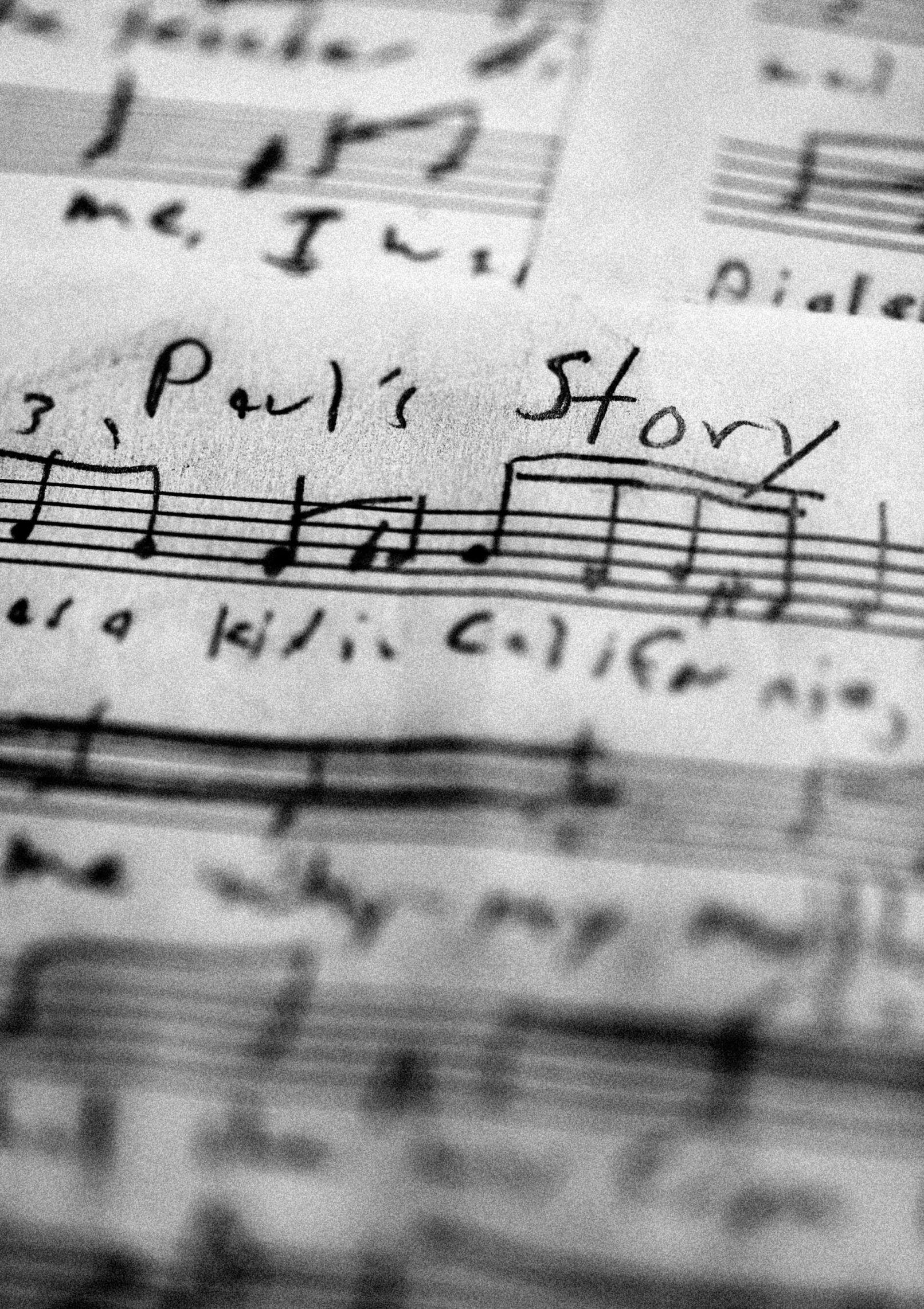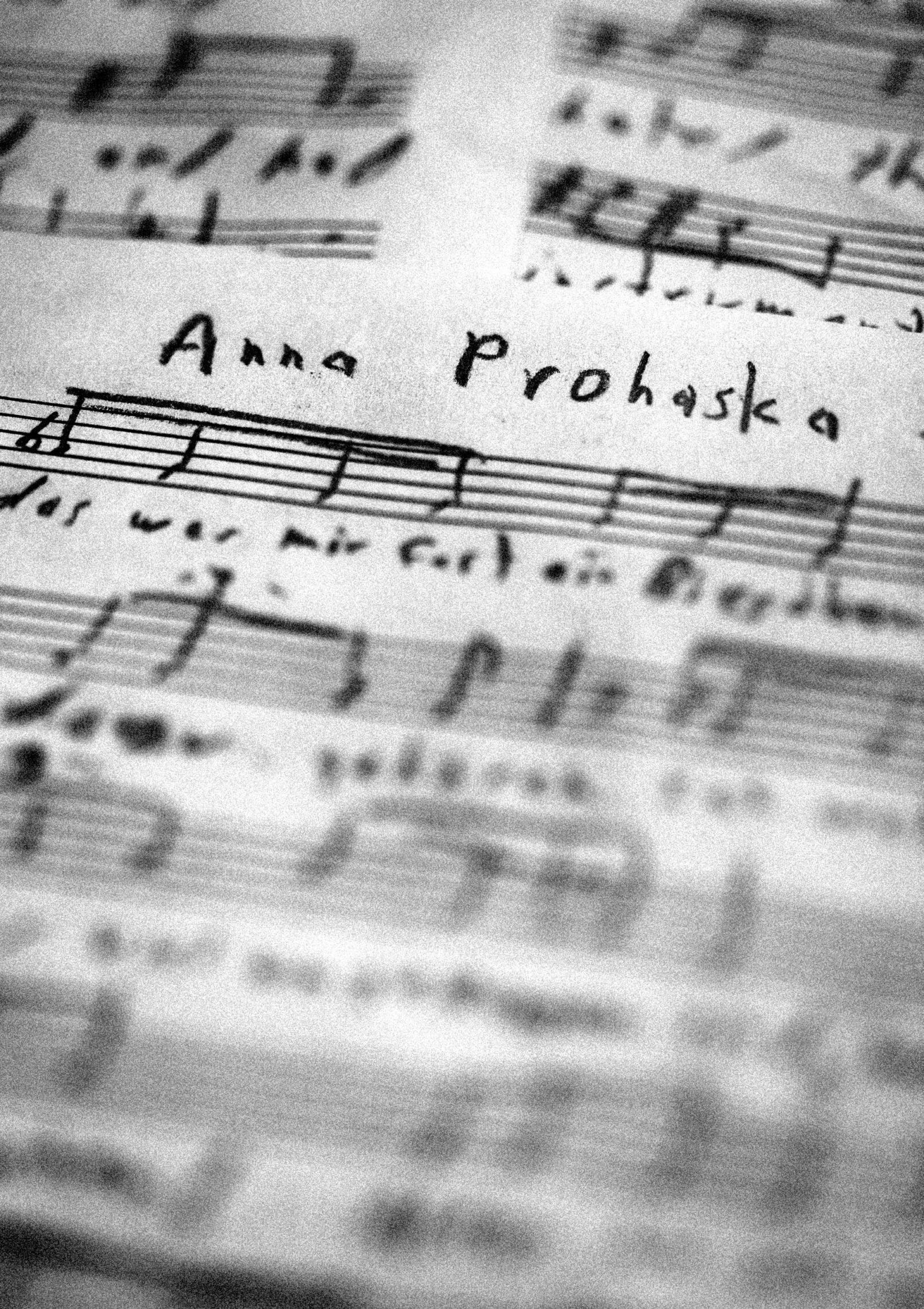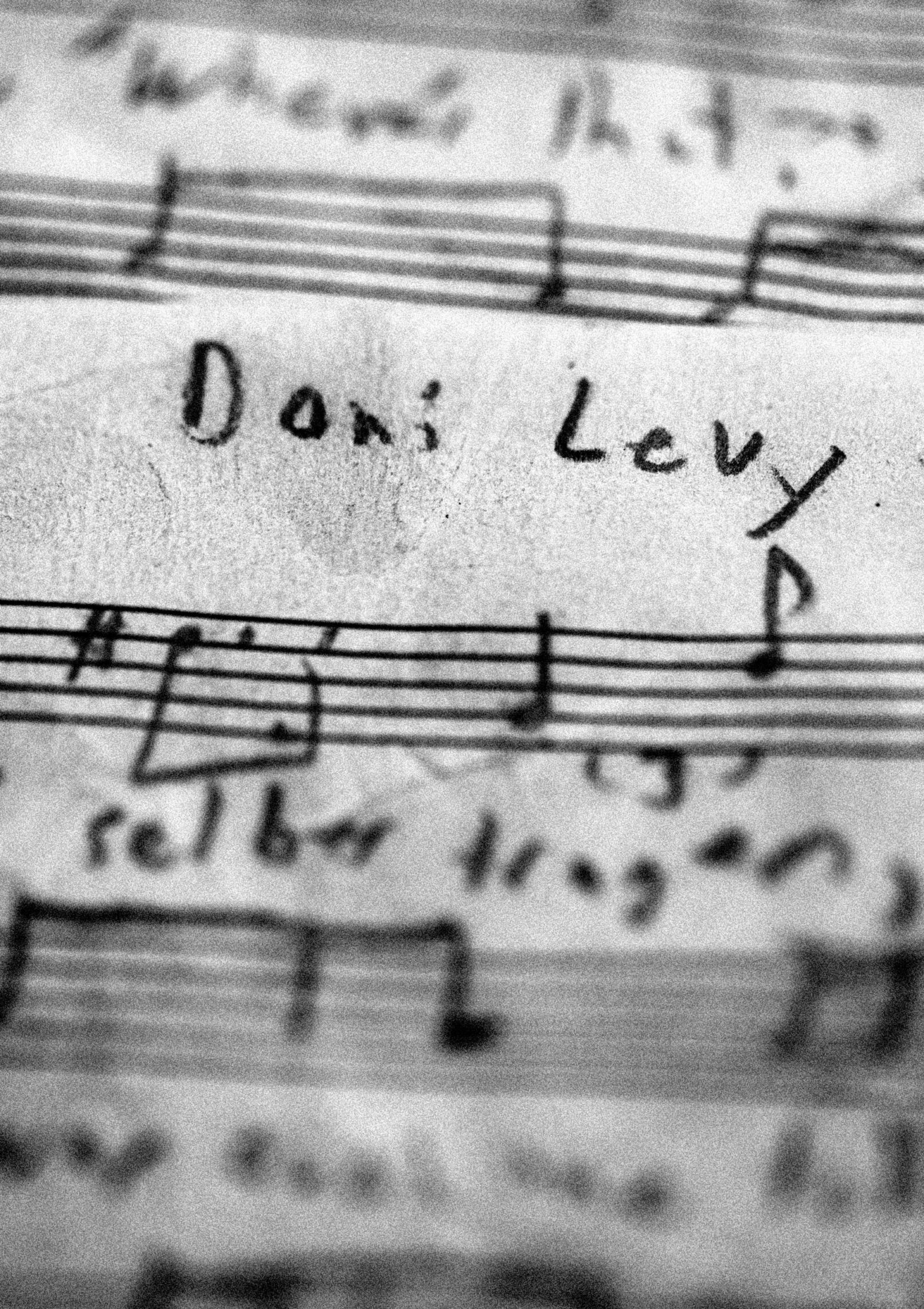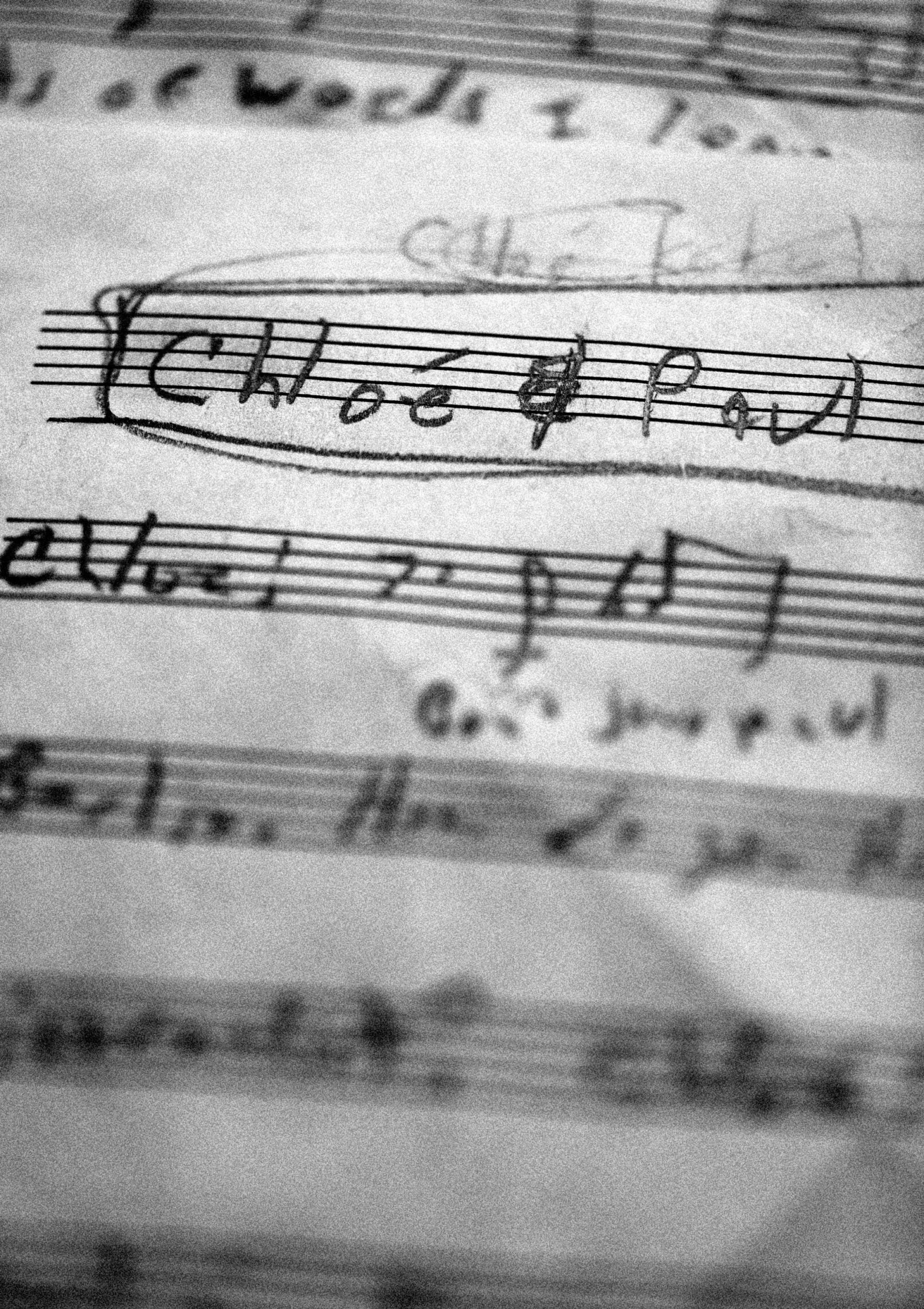Paul Brody
5 Mini Operas in Ordinary Language, 2020 • TONSPUR 84
5 MINI OPERAS IN ORDINARY LANGUAGE
“5 Mini Operas in Ordinary Language” puts into sound Brody’s premise that daily conversation contains as much melodic expression as an opera aria. The spoken voice has two primary musical narrations: the first serves the meaning of the words, the second is independent of subject matter, formed by the speaker’s life history – family background, geography, age, mood, even genetic memory. We often filter out this life history to focus on the subject matter. Much of Brody’s work focuses on what he calls “unhooking syntax, freeing the voice of being a servant of words” – to feel the life history.
Musical narration of the spoken voice also transmits when a person speaks with an accent. Brody hears accents as the melody of one language or region embodied in an adopted language. The main import of immigrants inserting into a new country isn’t necessarily food or clothing styles but the ever present voice-melody of the country left behind: the sound of the street can be transformed in a day.
In “5 Mini Operas” Brody bases his musical compositions on the voice-melodies of the interviewed to bring out the operatic quality of the voice. All of the interviewees have accents and talk about finding something they love to do that gave them a sense of belonging, an “inner” Heimat.
Brody has worked extensively in Jewish music. The “nigun”, in Jewish tradition, is a melody without words. One sings “wordless songs” because the melody connects one with God.
Opera singer Anna Prohaska tells about her family moving from city to city when she was young, which made her always speak with a foreign accent. Filmmaker Dani Levy brings us from a bubbling small-town Swiss-German dialect to urban Berlin. Actress Jelena Kuljić describes her conflicted relationship with traditional Serbian music. Paris radio producer Chloé Kobuta searches for love in an anecdote. And Paul Brody tells about trying to learn German from his Viennese grandfather’s unpublished autobiography, sublimating his difficulty with the language by playing occasional words on his trumpet. Excerpts of his grandfather’s book are included in his tale.
Paul Brody
INTERVIEW
Paul Brody and Georg Weckwerth in conversation (video Romina Achatz).
youtube.com
BIOGRAPHY
Paul Brody, born in Seattle, Washington, USA in 1961, lives and works in Berlin. 74th TONSPUR-Artist-in-Residence at Q21/MQ.
paulbrody.net
TONSPUR 84
- Paul Brody [US]*
- 5 Mini Operas in Ordinary Language, 2020*
- 8-channel sound work, 7-part series of images
- Duration 14:02 min
- Concept, texts, interviews, recordings, composition, sound design,
- images: Paul Brody
- Photos Passage Gallery: Dirk Hasskarl
- Voices: Anna Prohaska, Dani Levy, Jelena Kuljić, Chloé Kobuta,
- Paul Brody, Christoph Schobesberger
- Musicians: Melissa Coleman (cello), Michael Rodach (guitar),
- Roman Britschgi, Martin Lillich (contrabass), Paul Brody (trumpet,
- trombone, piano), Mark Kovnatsky (violin), Verena Wehling
- (viola), Michael Griener (drums), Valentin Butt (accordion),
- Jelena Kuljić (singing)
- Programing: Clueso
- Studio mix: Jens Tröndle
- Paul Brody’s story: Carol Scherer (co-author)
- Vienna text Hugo Wolf (editing Josh Barkan)
- Production: TONSPUR Kunstverein Wien for the series
- TONSPUR für einen öffentlichen raum
- Special thanks: Carol Scherer, David Marton, Kevin Barz, Robbie Grunwald, Josh Barkan, Michael Giebl
- *74. TONSPUR-Artist-in-Residence at Q21/MQ
- 02.03.20–28.04.20
- TONSPUR_passage / Q21 (MQ Wien)
- Museumsplatz 1, 1070 Vienna
- Daily 10am to 8pm
- Opening: Sun 01.03.2020, 5pm
- Opening words:
- Georg Weckwerth [artistic director TONSPUR Kunstverein Wien]
- Katharina Kummer [director and author]


